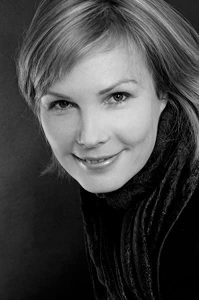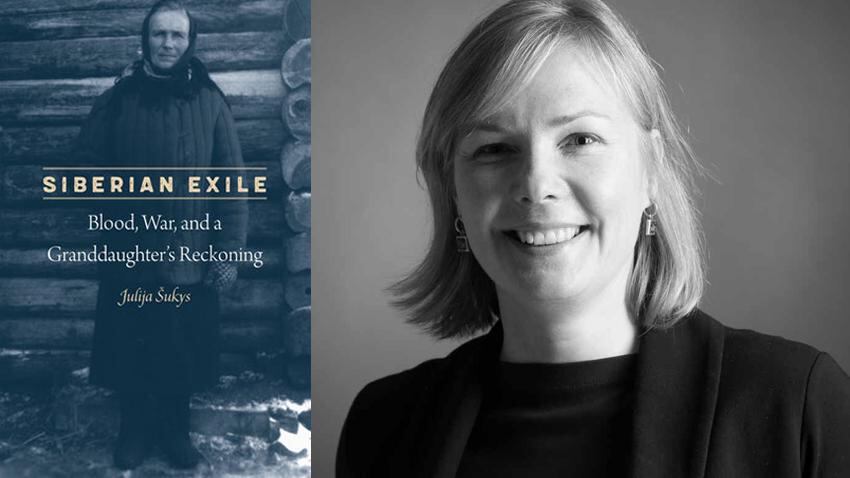By the end of the Holocaust, Lithuania suffered one of the highest percentages of Jewish deaths in all of Europe. Before the war, 168, 000 Jews lived there, of which 83 per cent were killed by 1945. At the end of the war, only 28, 000 Jews remained in the country.
Throughout her most recent book, Siberian Exile, Juilja Šukys, a Lithuanian-Canadian who graduated from the University of Toronto with a PhD in comparative literature, tells her family’s history while simultaneously shedding light on the horrors the Litvaks (Lithuanian Jews) faced during the Second World War.
While researching her family’s history, Šukys adopted a journalistic integrity to tell the truth as best as she could. She described many obstacles in the process of her research and writing journey as being told the “times were complicated” or that she was “too young to understand.” But Šukys recognized her responsibility to the victims during the years she wrote about.
The book is structured into three parts: the first is a recounting of the life of her grandfather, Anthony; the second part explores her grandmother, Ona, being exiled to Siberia; and the third concludes with her reflections in the present day.
While researching Anthony’s life in Lithuania, Šukys regretfully uncovers his involvement with some of the Jewish deaths in the city of Newton. As late as 1939, Anthony was part of an anti-Semitic Lithuanian fascist group called the Iron Wolf. Following his wife’s exile sentence exile in 1941, Anthony got a job as a police chief in Newton where he oversaw a massacre of Jewish women and children. Historical files of that specific massacre range the total number of deaths from 300 to 700.

Though Šukys was not yet born during her grandfather’s time in Newton, she makes her sense of responsibility for his actions apparent. Speaking with the son of Anthony’s police partner, Šukys comes to the conclusion that Anthony could have backed out of overseeing the mass killing. She documents both her visit to the gravesite of the massacre and her multiple apologies to the victims.
The second part of her book tells the story of her grandmother’s sacrifice. Though her writing leaves the reader to interpret whether it was a coincidence or planned, Ona was in the family’s apartment alone the night three Soviet soldiers came to collect Anthony. Since he was not there, they sent his wife into exile in Siberia, instead.
Scattered throughout her book are photos, courtesy of the historians and locals she connected with throughout her research and journey as well as photos from her own private collection.
However, in the last part of her book, she admits questions of her identity arose.
“For 40 years, it seems, I have overvalued my origins… I have put so much stock in where I ‘came from’ that when it turned out the past looked different from what I’d imagined, a crisis of identity resulted,” she writes in her book.
For Šukys, writing this book was a way to preserve her family’s history that was so vividly shared with her. As both of her grandparents and their son (her father) have now passed away, she wanted to find a way to hold on to everything she was told and share it with her son and the generations to come


























